-

MuckRock’s year in FOIA: 2017 Part 1
This year saw our 10,000th completed FOIA request, a grant that allowed us to finally hire our founders full time, and the release of millions of pages of Central Intelligence Agency records as a result of our lawsuit. Here are the stories, big and small, you helped uncover this year.
-
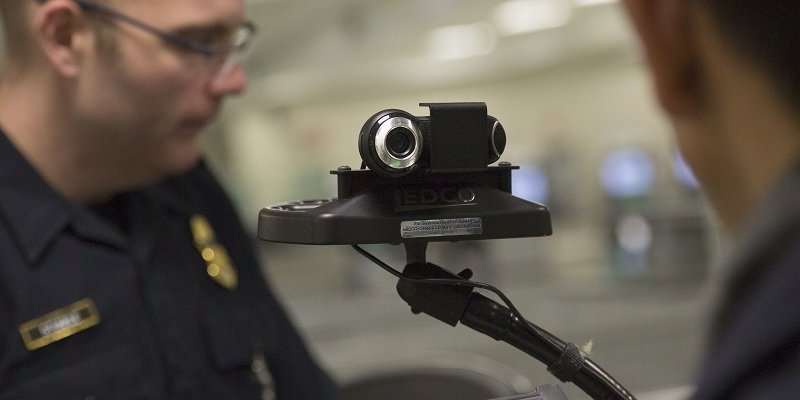
Requests help bring transparency to travel woes, public data wants to be free, and other transparency news
We were not the only ones Santa dropped off TSA-related security with: A request from Charlie Savage shows complaints about the Department of Homeland Security’s border searches. Plus digging into data shows just how ubiquitous “drug-free school zones” can be.
-
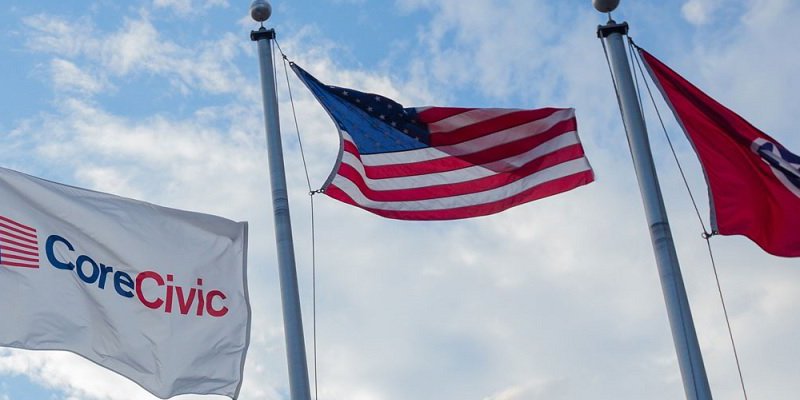
The year in Private Prisons
Private prisons were still on notice at the start of the year, but they quickly regained their footing. Here are some developments from this year in privatized incarceration.
-
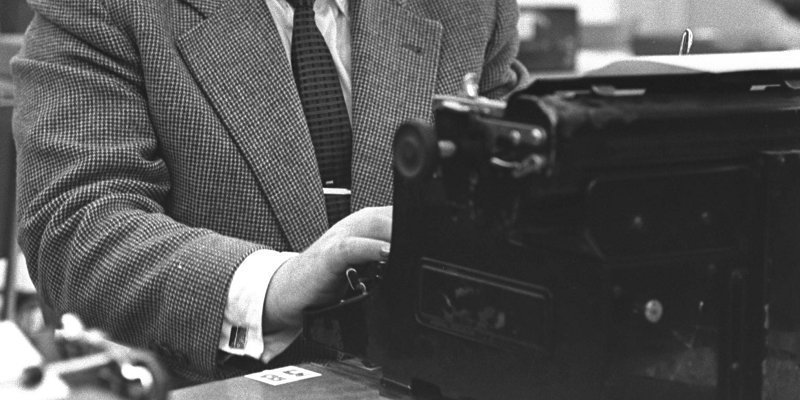
The journalist and the stolen CIA documents
A series of declassified Central Intelligence Agency memos describe part of the Agency’s investigation into Jack Anderson (of whom the CIA was never a fan), and his sources and methods (which included unethical practices such as homophobic surveillance, blackmail and lying about his sources) - specifically his apparent use of hundreds of stolen Agency documents. The memos even call for a Congressional investigation into Anderson and whether or not he was part of “a deliberate disinformation campaign.”
-
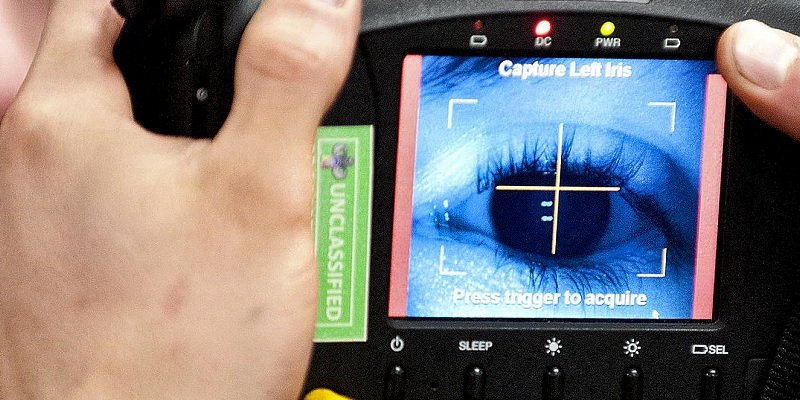
Biometric firm enters into trial agreement with Southwestern Border Sheriffs Coalition
This spring, private biometric intelligence company BI2 Technologies entered into an agreement with a law enforcement faction known as the Southwestern Border Sheriff’s Coalition. The partnership promised that BI2 would donate and integrate biometric identification devices and systems into sheriff departments along the U.S. and Mexico border.
-

As TSA ramped up pat downs, complaints mounted
Just in time for holiday travel, recently released Transportation Security Administration complaints show that if you are worried about invasive security, at least you’re not alone.
-
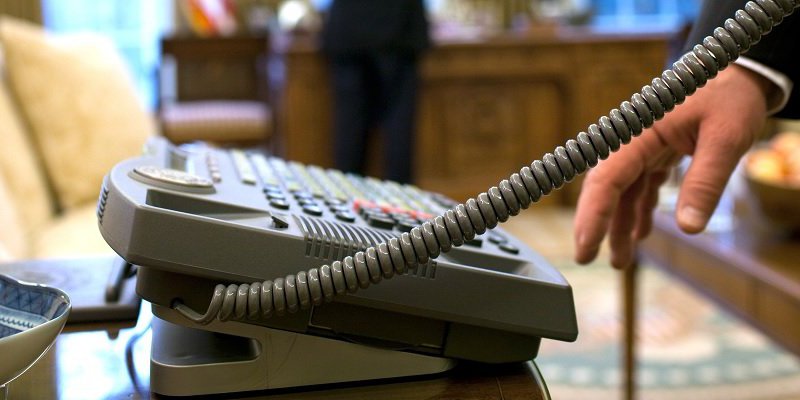
FBI file indicates the Bureau had better information sharing with phone companies than with the White House
A FOIA release of Federal Bureau of Investigation’s file on counter-surveillance includes an entry describing the White House’s 1954 report that their phones had been tapped. According to the file, the FBI and the phone companies shared more information with each other than with the White House - and they wanted to keep it that way in order to protect the phone company’s reputation and the FBI’s methods.
-
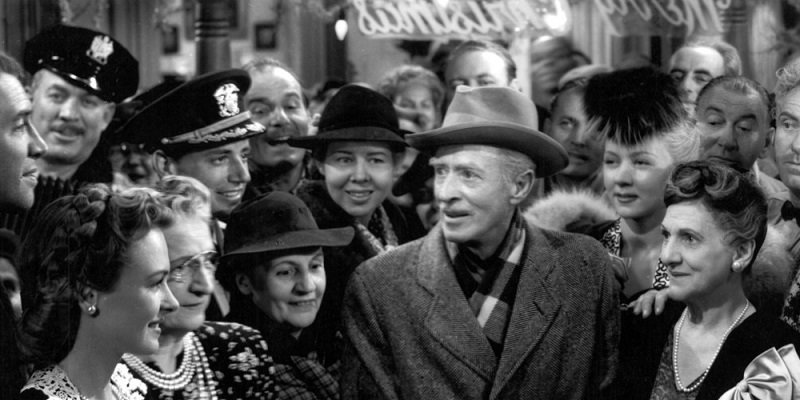
Donating to MuckRock needn’t take any money at all
If you find yourself reflecting, this holiday season, upon the trials of those less fortunate than yourself, please consider taking a simple step toward bringing those circumstances to the fore by submitting a suggestion to one of MuckRock’s crowdsourced investigations.
-

FBI cites pending proceedings in 25-year old BCCI bank fraud case
Decades after the fact, both the Central Intelligence Agency and Federal Bureau of Investigation remain highly secretive about parts of the Bank of Credit and Commerce International money laundering and embezzling investigation and the story of Khalid bin Mahfouz. While the FBI released some documents on Bin Mahfouz and BCCI, with portions remaining redacted under citations of a pending law enforcement proceedings, the CIA flatly refuses to confirm or deny any information on Bin Mahfouz, despite a former CIA Director having publicly (and falsely) accused him of being Osama bin Laden’s brother-in-law.
-
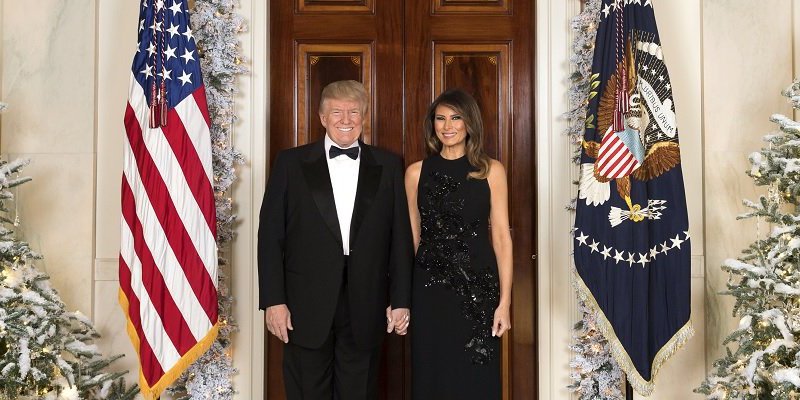
FOIAing the Trump Administration: the danger of assuming bad faith
FOIA works best when everyone assumes that requests are made in good faith, as a means for journalists, activists and average citizens alike to contribute in a meaningful way to oversight of the their government. This week, we take a look at a few stories that undermine that assumption of good faith, both among government officials and in the public eye.
-
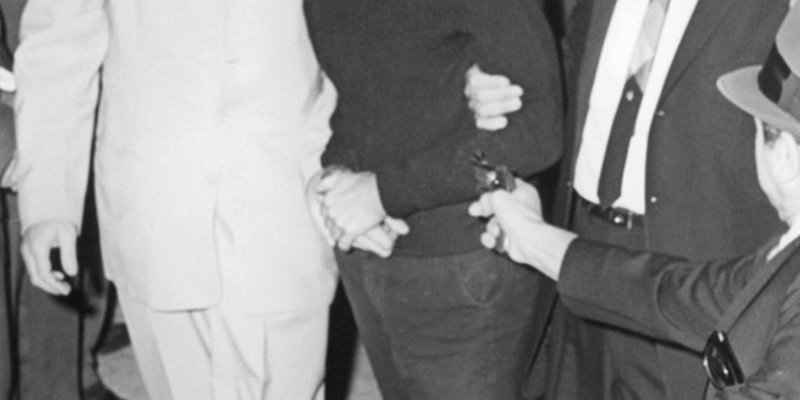
After he shot Lee Harvey Oswald, Jack Ruby’s psychosis was diagnosed by the same CIA doctor who had once killed an elephant with psychedelics
Some researchers in the JFK assassination community are aware of the fact that one of the doctors that treated Jack Ruby was none other than Louis Jolyon West, a figure equally infamous for allegedly killing an elephant with LSD and for his work in MKULTRA - the Central Intelligence Agency’s infamous interrogation, hypnosis, and mind control program.
-

Give the gift of government accountability year-round with MuckRock Crowdfunds
MuckRock’s crowdfunds are a great way to give the gift of government accountability this holiday season and all year round.
-

̶S̶e̶c̶r̶e̶t̶ Santa: Give the gift of declassified documents this season
Yesterday on Twitter, I asked the #FOIA community if anybody would be interested in “Secret Santa, but for random declassified reports?” The response was a pretty resounding chorus of affirmatives, so we’re doing this.
-
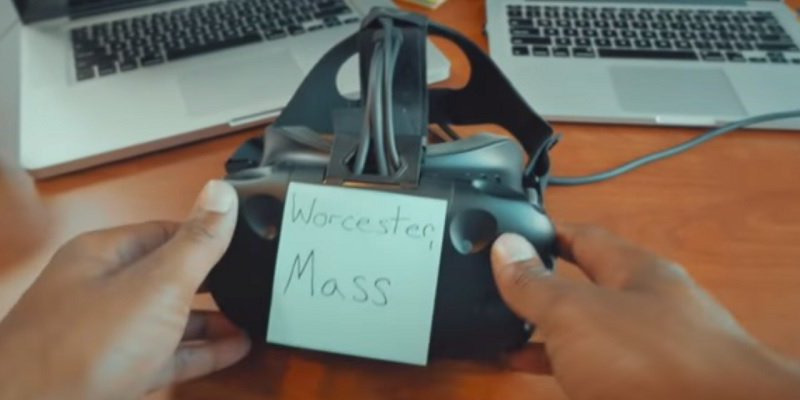
Worcester, Massachusetts spent nearly on $10,000 on a promotional video for its #AmazonHQ2 bid
With so much competition for Amazon’s second home, cities across the country are shelling out to stand out. In a request for HQ2 bids, Worcester Economic Development revealed they spent $9,800 to produce a promotional video for their headquarter proposal.
-
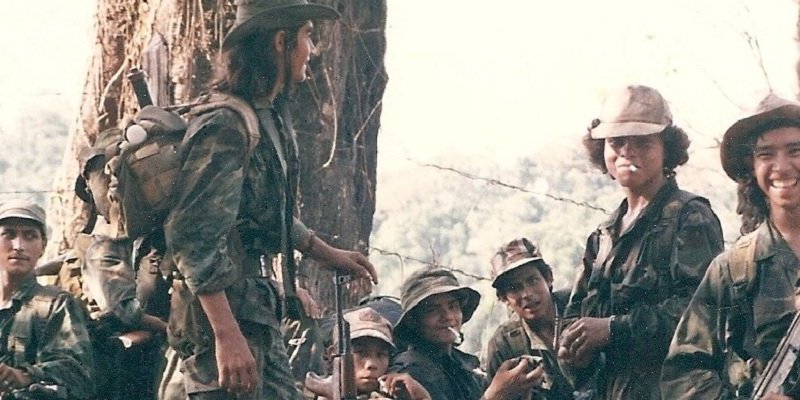
CIA releases full Contras manual on “Psychological Operations in Guerrilla Warfare”
In response to a FOIA appeal by Emma Best, the Central Intelligence Agency has released in full a copy of “Psychological Operations in Guerrilla Warfare,” a manual on “Armed Propaganda” written for the Nicaraguan Contras during the civil war of the mid-’80s.
-

In the early ‘90s, Scientology tried to dictate to the FBI what information could be released about them through FOIA
A recent Federal Bureau of Investigation FOIA release prompted by the author’s lawsuit, shows that between 1990 and 1994, the President of the Church of Scientology International sent the FBI a series of letters instructing the Bureau on what records Scientology felt the FBI was entitled to keep or to release through FOIA.
-
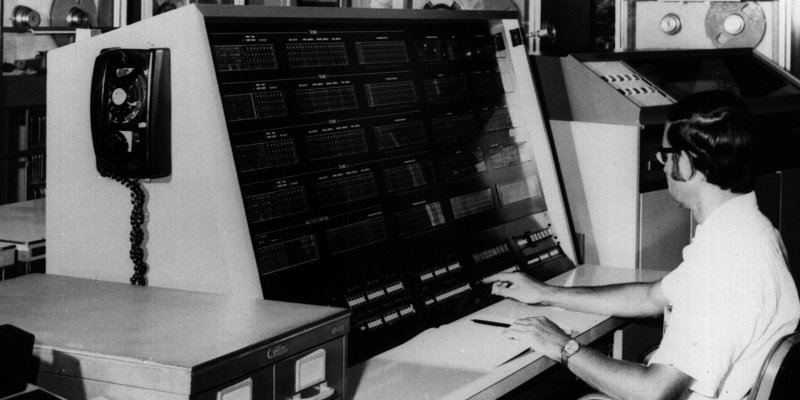
MuckRock Release Notes: Improving the agency picker plus making ourselves more transparent
Another week of quiet improvements. For filers, the agency picker should be more helpful in getting your request to the right agency - and not getting requests to agencies that don’t accept them. We’ve also made our financial information more prominent.
-

CIA wishes you a safe and happy █████ season
Thanks to the plenty of duplicates that can end up in the Central Intelligence Agency’s CREST archive, a cryptic version of the Agency’s December 20th, 1985 greetings to its worldwide employees is actually available in nearly-full format and available for reuse in your holiday-themed office-wide newsletter.
-

FBI file shows just how easy it was for governments to listen in each other’s phone calls in the ‘50s
A heavily redacted section of the Federal Bureau of Investigation’s file on Technical Security Surveys shows just how easy it was for embassies to tap government phones in the mid-’50s. After discovering that the French were listening in on the White House, the FBI to uncovered dozens of phone lines belonging to the governments of American allies that were vulnerable to Communist governments. While securing these lines, a phone tap on the Soviet United Nations delegation had to be pulled - leaving the Bureau with no choice but to go through the Italian embassy.
-

As holidays approach, watchful eyes in OpenGov are noting who is naughty and nice
With the holidays upon us, requesters everywhere are making a list of the documents they hope to find in their stocking this year. But not everyone is in the mood for transparency cheer, with allegations that some top officials are pulling a Grinch when it comes to handing out the documents the public is owed.
-
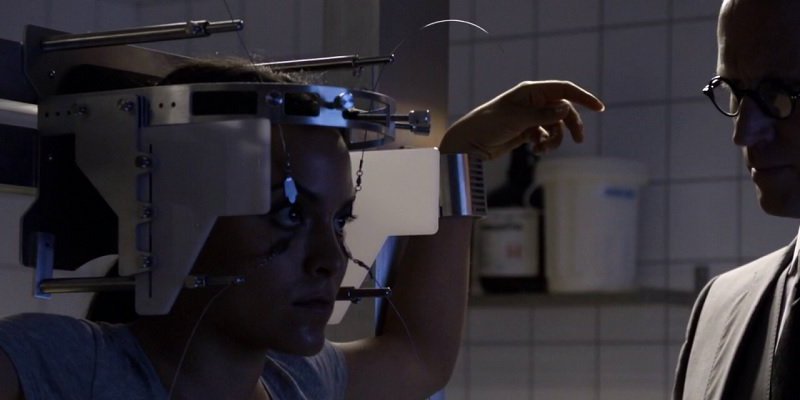
Dissecting the CIA’s lies regarding MKULTRA
One of the many interesting documents in Central Intelligence Agency’s declassified archives was guidance for public statements regarding their MKULTRA mind-control projects. The guidance, produced in 1983 and modified the following year, was intended for CIA’s Deputy Directors, the Executive Director, the Director of Public Affairs and “all Agency employees on the speaking circuit.” Just over a page long, the text is riddled with lies, errors, and half-truths, starting with the very first sentence.
-
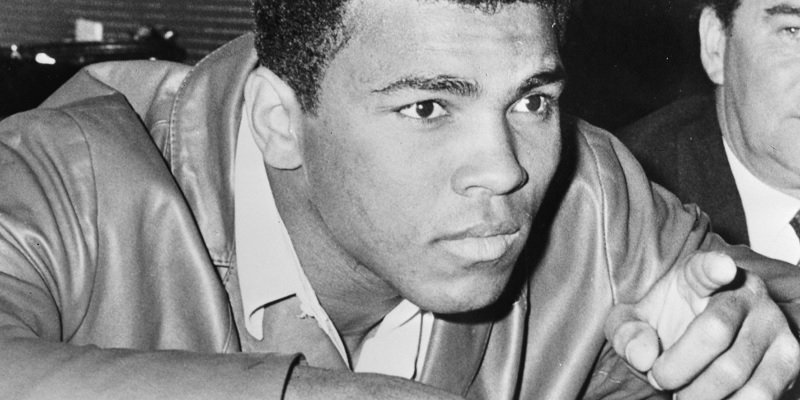
Even to FBI Director J. Edgar Hoover, Muhammad Ali was “untouchable”
An incident from Muhammad Ali’s Federal Bureau of Investigation file shows that no less than Director J. Edgar Hoover himself doubted the Bureau’s ability to get charges against Ali to stick.
-
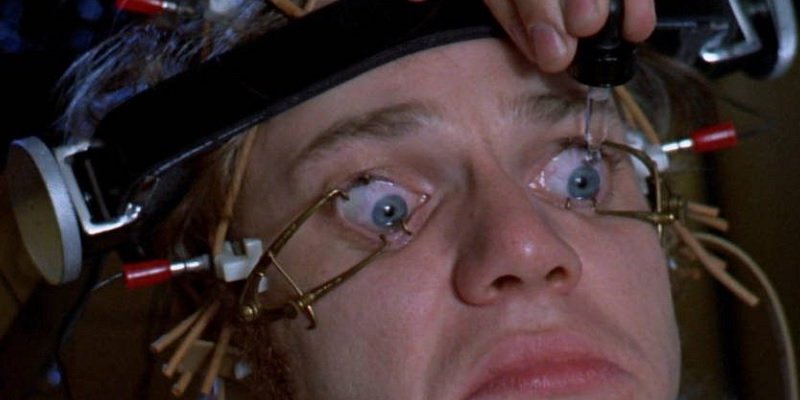
Decades later, the mystique of MKULTRA continues to captivate
Forty years after the Central Intelligence Agency’s experiments on U.S. citizens was revealed in a series of Congressional investigations, materials related to their findings and the CIA’s response live easily-accessible online.
-
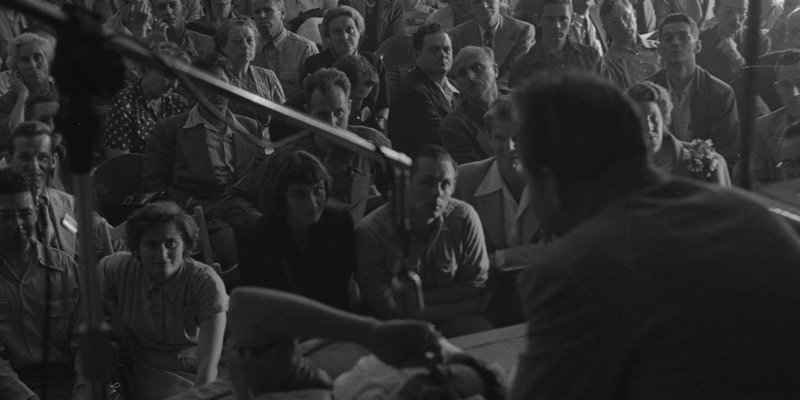
What L. Ron Hubbard’s son said about Scientology and the KGB
A recent FBI FOIA release prompted by the author’s lawsuit shows that in early 1985, L. Ron Hubbard’s son Ronald DeWolf wrote the Internal Revenue Service’s Criminal Investigation Division a letter detailing a number of accusations - including Scientology’s alleged, and unsubstantiated, KGB connection, and that his father had once asked him to steal a hydrogen bomb.
-
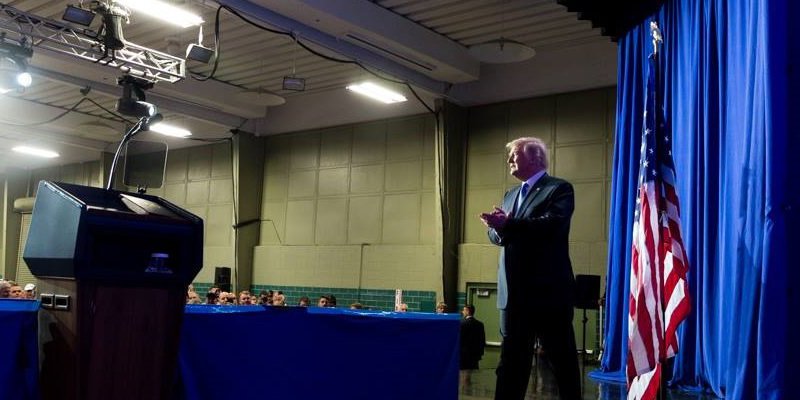
FOIAing the Trump Administration: defending against the charge of ‘fake news’
President Trump famously and frequently attempts to undermine trust in reporting on his administration with accusations of “fake news.” It’s a practice that has trickled down through his agencies, with cabinet members and public affairs officials attempting to portray unfavorable stories as fake or biased. The solution? File more FOIA requests!